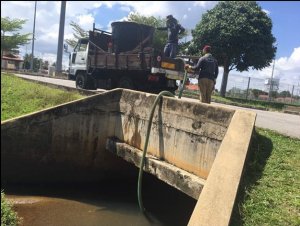Free clean water to all
Since 2022 until now
Free and Clean Water Accessible to All
Universiti Malaysia Terengganu (UMT) has been committed to addressing the challenges of poverty alleviation and access to clean water for its campus community members. As part of this dedication, UMT has undertaken various initiatives with the goal of eradicating poverty and ensuring access to safe drinking water. One noteworthy initiative by UMT has been to establish accessible sources of safe drinking water within the campus environment. By doing so, the university aims to accomplish several important objectives. First, providing access to safe drinking water helps to reduce the prevalence of water-borne diseases, ultimately improving the overall health and well-being of the campus population. This initiative directly contributes to a reduction in deaths caused by illnesses related to unsafe drinking water.
Furthermore, UMT’s efforts to enhance access to clean water contribute to better hygiene practices among students and staff. This is vital for minimizing health risks associated with inadequate sanitation and unsafe drinking water. Improved hygiene not only promotes individual health but also creates a healthier and more sanitary campus environment for everyone. In summary, UMT’s commitment to ending poverty and ensuring access to clean water underscores its dedication to the well-being of its campus community. By providing safe drinking water, reducing water-borne diseases, and fostering improved hygiene practices, UMT is actively working towards the United Nations’ Sustainable Development Goals, particularly those related to health and poverty alleviation.
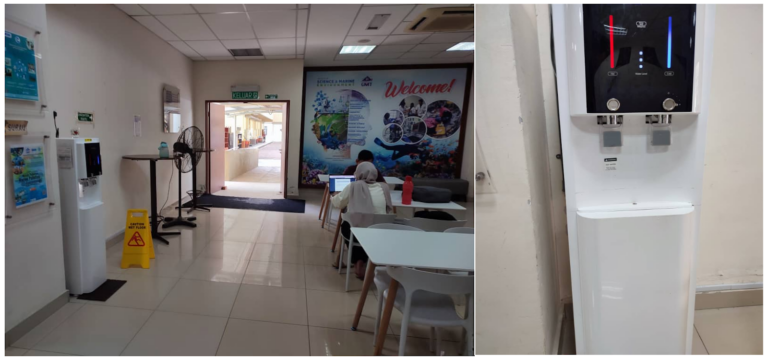
International Mobility Program Between Universiti Malaysia Terengganu and Nagasaki University
From May 4, 2023, to June 29, 2023, an important event took place – the International Mobility Program involving Universiti Malaysia Terengganu and Nagasaki University in Japan. This program was conducted under the auspices of the Campus Asia Plus Project, specifically the “Asia Fisheries and Marine Environment Leaders Program (AFIMA Leaders Program).” During this period, the program aimed to foster collaboration and knowledge exchange between the two universities.
The event included the participation of two students, whose identities are not specified, as well as a lecturer, Dr. Yeny Nadira binti Kamaruzzaman from the Faculty of Fisheries and Food Science (FPSM). The primary objective of this program was to provide students with a comprehensive and immersive experience in the field of fisheries and marine environment. Throughout the program, students had the opportunity to gain scientific exposure, enabling them to delve deeply into the intricacies of fisheries and marine environmental studies. This immersive approach aimed to equip the students with both theoretical knowledge and practical insights, thus broadening their understanding of these crucial subjects. The program likely featured a range of activities, such as lectures, fieldwork, and collaborative research, to offer a well-rounded educational experience.
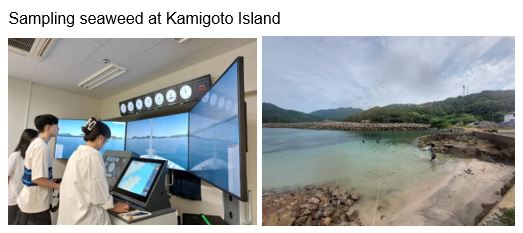
Malaysia participates in the Antarctic research
Tuesday, 08/08/2023
About 500 participants comprising researchers, scientists, policy makers, and students from local and overseas universities took part in 2023 International Forum on Antarctic and Climate Change to present their research findings and discuss the best solutions for managing the global climate change issues.
The event is a follow-up to the Paris Climate Agreement, signed by 196 countries during the UN Climate Change Conference in Paris on 12 December 2015 as part of the effort to protect and conserve the environment.
The Antarctic, which stores about 90 percent of the earth’s fresh water in the form of water layers, glaciers, and ice cubes, is being negatively affected by the global warning, and this will lead to problems on earth, including extreme draught, heat waves, and big floods.
Universiti Malaysia Terengganu (UMT) has been collaborating with Sultan Mizan Antarctic Research Foundation (YPASM) to put Malaysia as one of the countries that cares about the global climate change through research related to the Antarctic.
YPASM’s Board of Trustees in its meeting in December 2020 agreed to choose UMT as the place for its Antarctic Science Chair. UMT Vice Chancellor Prof. Dato’ Dr. Mazlan Abd Ghaffar said UMT is grateful for the recognition.
“The establishment of the chair is part of the strategies to make Malaysia’s contributions towards scientific research at the Antarctic more significant and acknowledged by the Antarctic Treaty that is responsible for matter related to the Antarctic.
“UMT is committed to organizing programmes that focus on the Antarctic issues and hopes that they will bring positive impacts to Terengganu and Malaysia, as we attempt to create awareness among the people of the influence of the Antarctic on the climate change everywhere in the world including Malaysia,” said Prof. Mazlan during the Opening Ceremony of the 2023 International Forum on the Antarctic and Climate Change at Sultan Mizan Hall, UMT, today.
The ceremony also saw Professor Dr. Martin J. Siegert from Imperial College, United Kingdom, appointed as the holder of the Antarctic Science Chair, based on his expertise in geology and glaciology.
Dr. Sigert said all parties, including individuals, agencies, and organizations, need to take the responsibility in managing the global warming issues.
“When ice melts, it moves to the oceans and causes an increase in water level. This indirectly contributes to an extreme case of global warming.
“Scientists estimated that sea level has risen at least half a metre during this century.
“If we do not stop the activities that are contributing to the current global warming, the sea level may rise to two metres or more in the future, which will affect the world including Malaysia.
Meanwhile, a researcher from UMT’s Institute of Oceanography and Environment (INOS), Professor Gs. Ts. Dr. Aidy @ Mohamed Shawal M Muslim, was awarded with a YPASM research grant amounting to RM100,000 to conduct research titled Remote Sensing Big Data Analytics for Detailed Geological Mapping in Exposed Zones of Dry Valleys, South Victoria Land, Antarctic.
Also present at the opening ceremony was Tan Sri Dato’ Seri Salleh Mohd Nor, member of the Board of Trustees of YPASM.
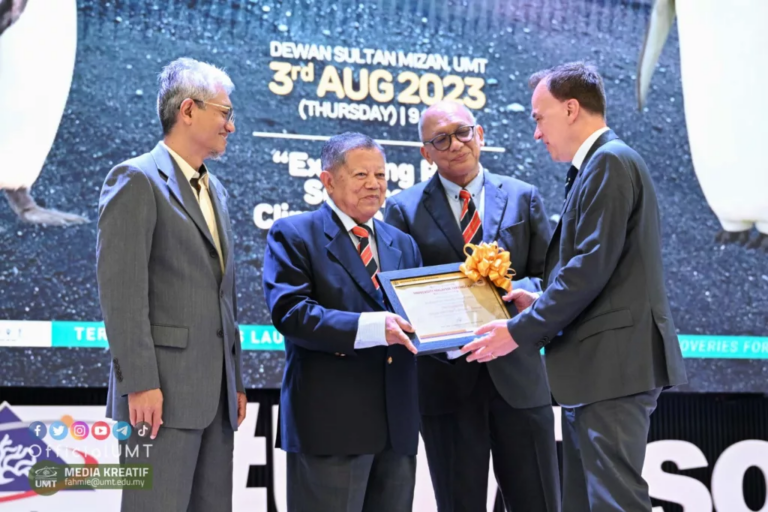
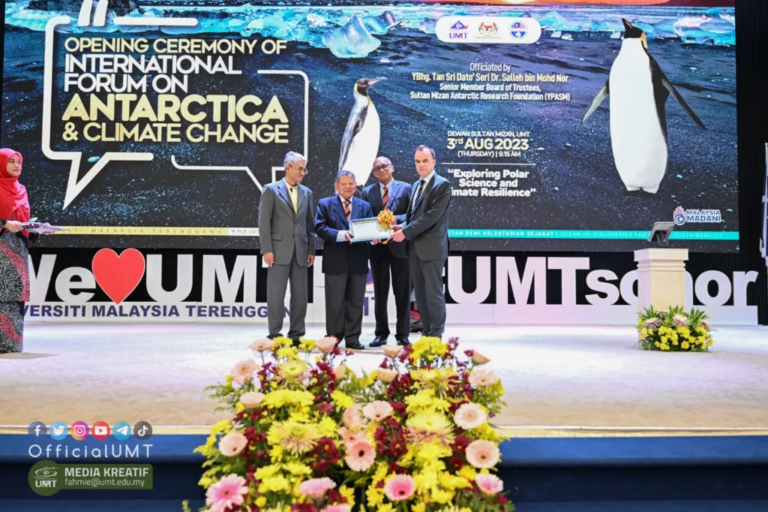
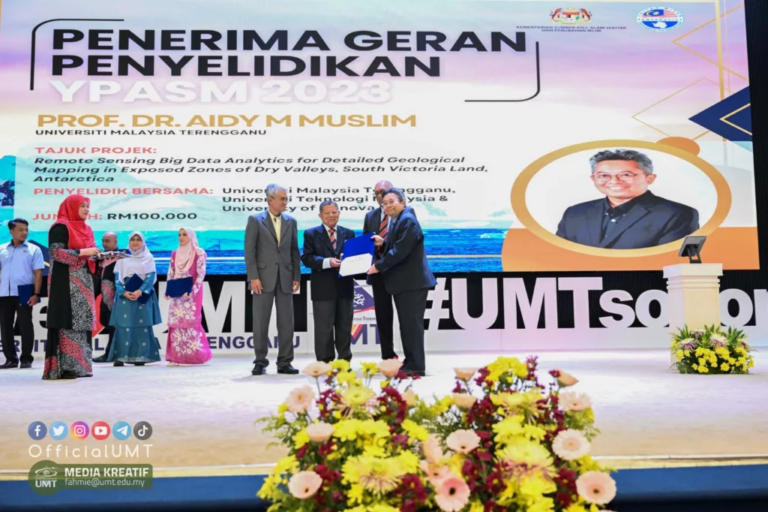
UMT, SATU SIGN AGREEMENT, TO FOCUS ON QUALITY OF FRESHWATER SUPPLY
Tuesday, 19/09/2023
Universiti Malaysia Terengganu (UMT) and Syarikat Air Terengganu (SATU) Sdn Bhd have signed a Memorandum of Understanding (MoU) with each other concerning the supply of clean water from the water treatment plant for use by Terengganu residents.
The signing ceremony was held at UMT campus in Kuala Nerus, and the agreement was signed by UMT Vice Chancellor Prof. Dato’ Dr. Mazlan Abd Ghaffar and SATU Chief Executive Officer Ts Abdul Karim Endut.
According to Prof. Mazlan, the collaboration is made possible by the close relationship between the two parties, who have been working together to improve the treatment and quality of water using special chemical substance.
“The close cooperation between UMT and SATU has started since 2018 when lecturers and students from the Faculty of Ocean Engineering Technology and Informatics, UMT, was invited to conduct a study on a chemical substance for water treatment, or a coagulant.
“UMT submitted a project proposal that would make use of the expertise at the university, and a group of UMT researchers was subsequently allowed to carry out a coagulant study at water treatment plants to improve water treatment and quality being supplied to the residents in the state.
Prof. Mazlan said UMT always welcomes the industry to be involved with the university and work together to enhance UMT graduates’ employability in line with the industry’s needs.
“Each industry has its own expertise that can help future graduates equip themselves with a complete, dynamic, and holistic package that will make them more competitive in the job market.
“I believe this collaboration will produce research outcomes that will bring a bigger impact not just to UMT but also to SATU and the surrounding communities, in line with UMT’s slogan of An Ocean of Discovery for Global Sustainability,” he said.
UMT was first set up as a fishery centre in 1979 and has progress remarkably and managed to make a name for itself at various levels through achievements in academic, research, innovation, and student development.
Among the recognitions it has received are the inclusion in Times Higher Education (World University Rankings), Times Higher Education (Impact Rankings), Times Higher Education (World University Rankings by Subject), QS World University Rankings, QS University Rankings (Asia), UI GreenMetric, MyMoheS, Malaysia Research Assessment (MyRA) dan SETARA.
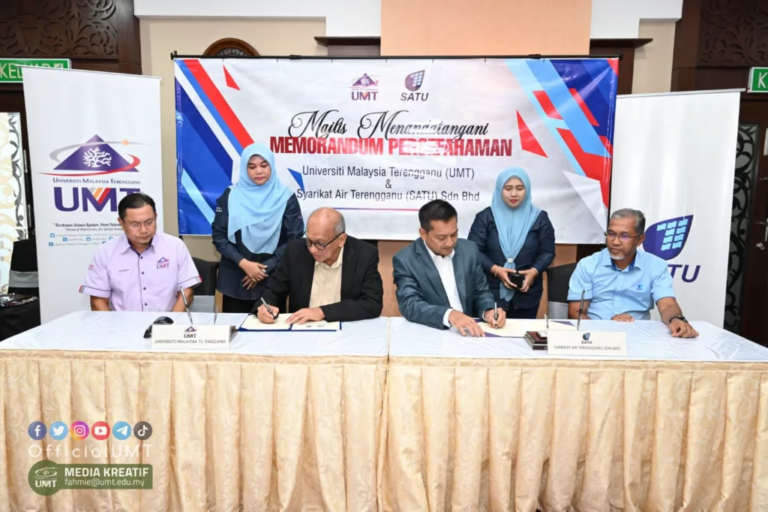
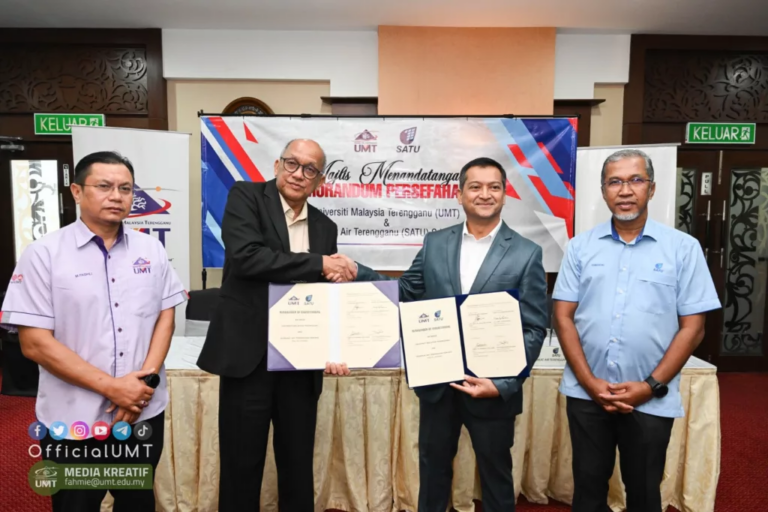
CLEAN WATER AND SANITATION
Water is essential not only to health, but also to poverty reduction, food security, peace and human rights, ecosystems and education. Nevertheless, countries face growing challenges linked to water scarcity, water pollution, degraded water-related ecosystems and cooperation over trans- boundary water basins.This goal is to ensure access to safe water sources and sanitation for all. UMT supports the Sustainable Development Goals of Clean Water and Sanitations. Among the initiatives made;
Wastewater Treatment
Here in UMT main campus, wastewater treatment plant is located in the gazetted area far from the public
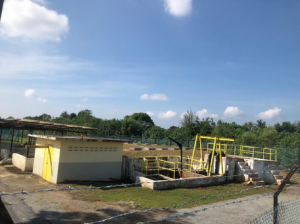
To prevent further water system pollution, wastewater from any source will go through the stabilizing tank before being release to the drain.

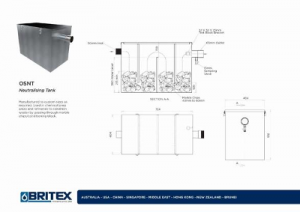
WATER CONSCIOUS BUILDING STANDARD
Some examples of water conservation measures used in UMT campus include low flush WC’s and automatic taps.
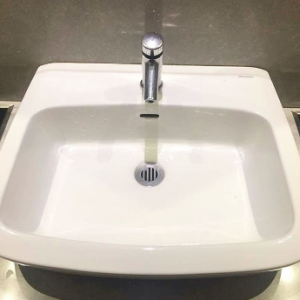

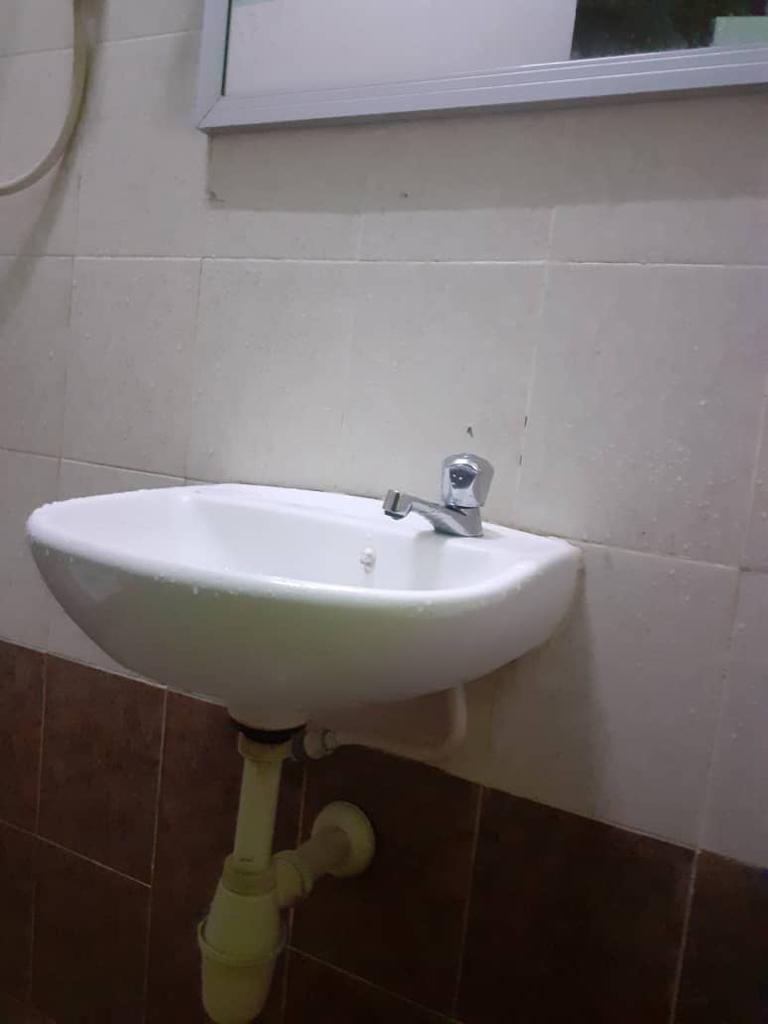
WATER RE-USE MEASUREMENT
Buildings of the UMT have a separated sewerage system for certain location, for waste water and for clean water (rainwater). Rain water is thus collected and is then discharged into the local ponds around the
buildings. It is then used for watering the plants outside the building.
